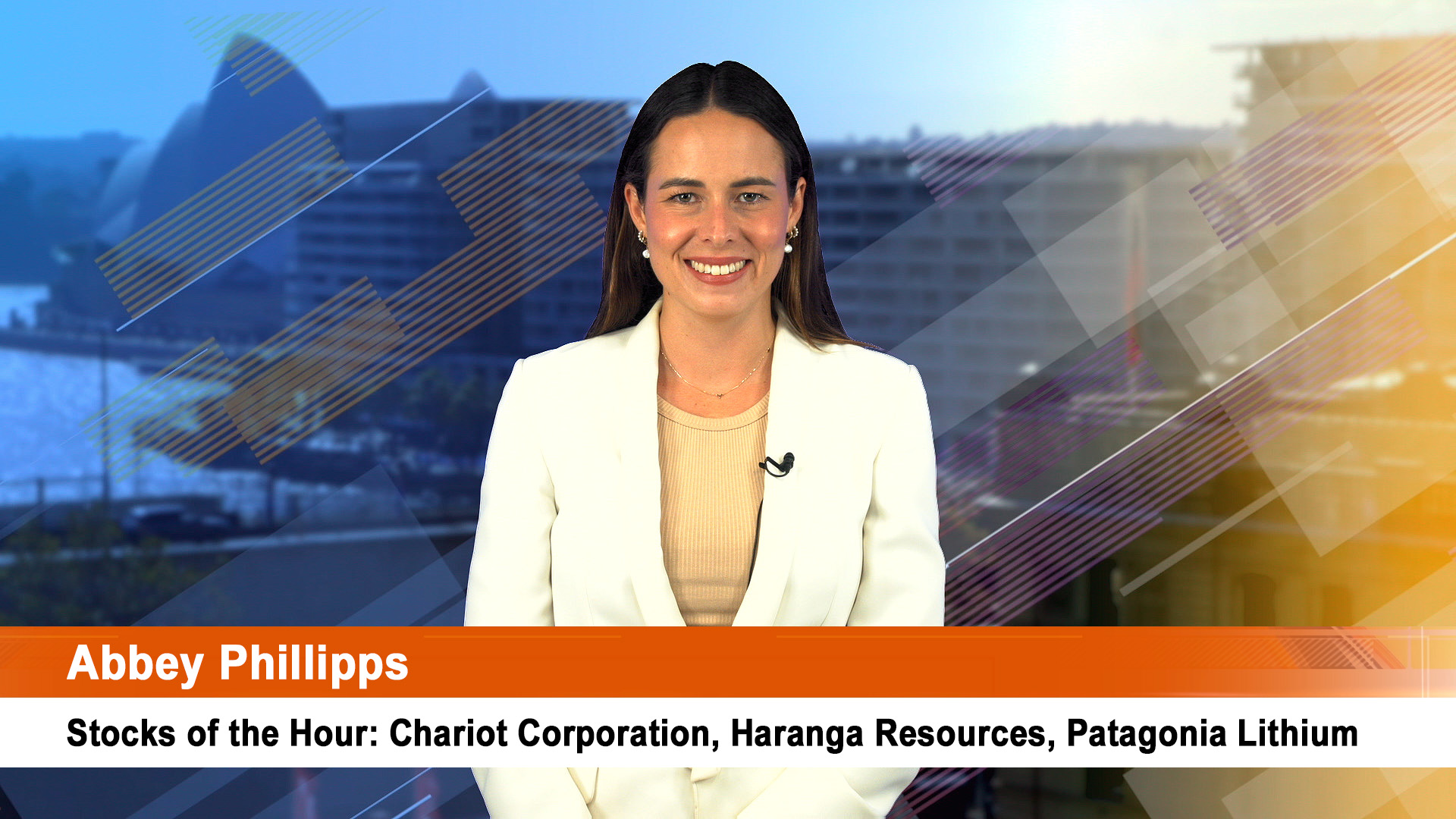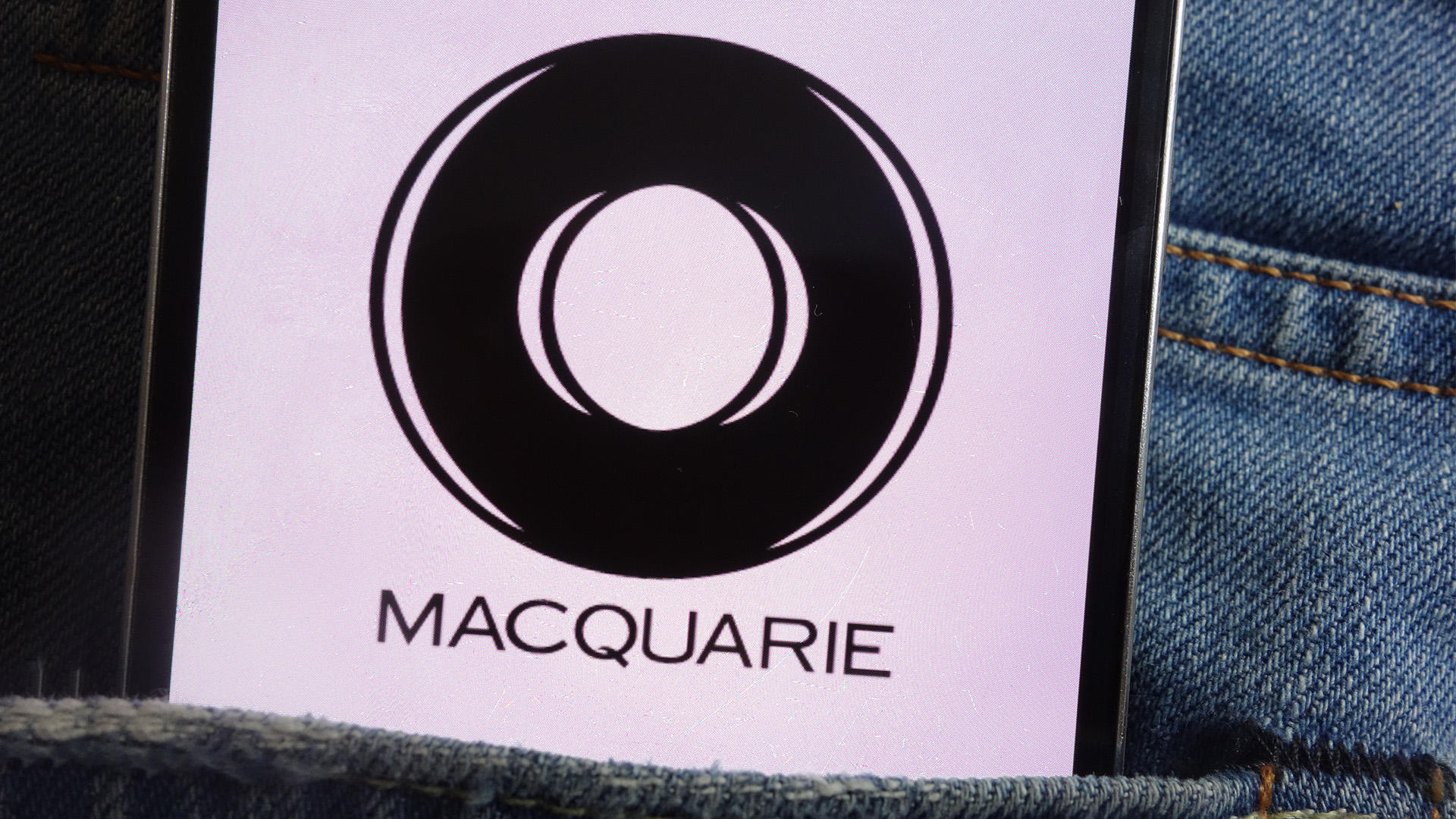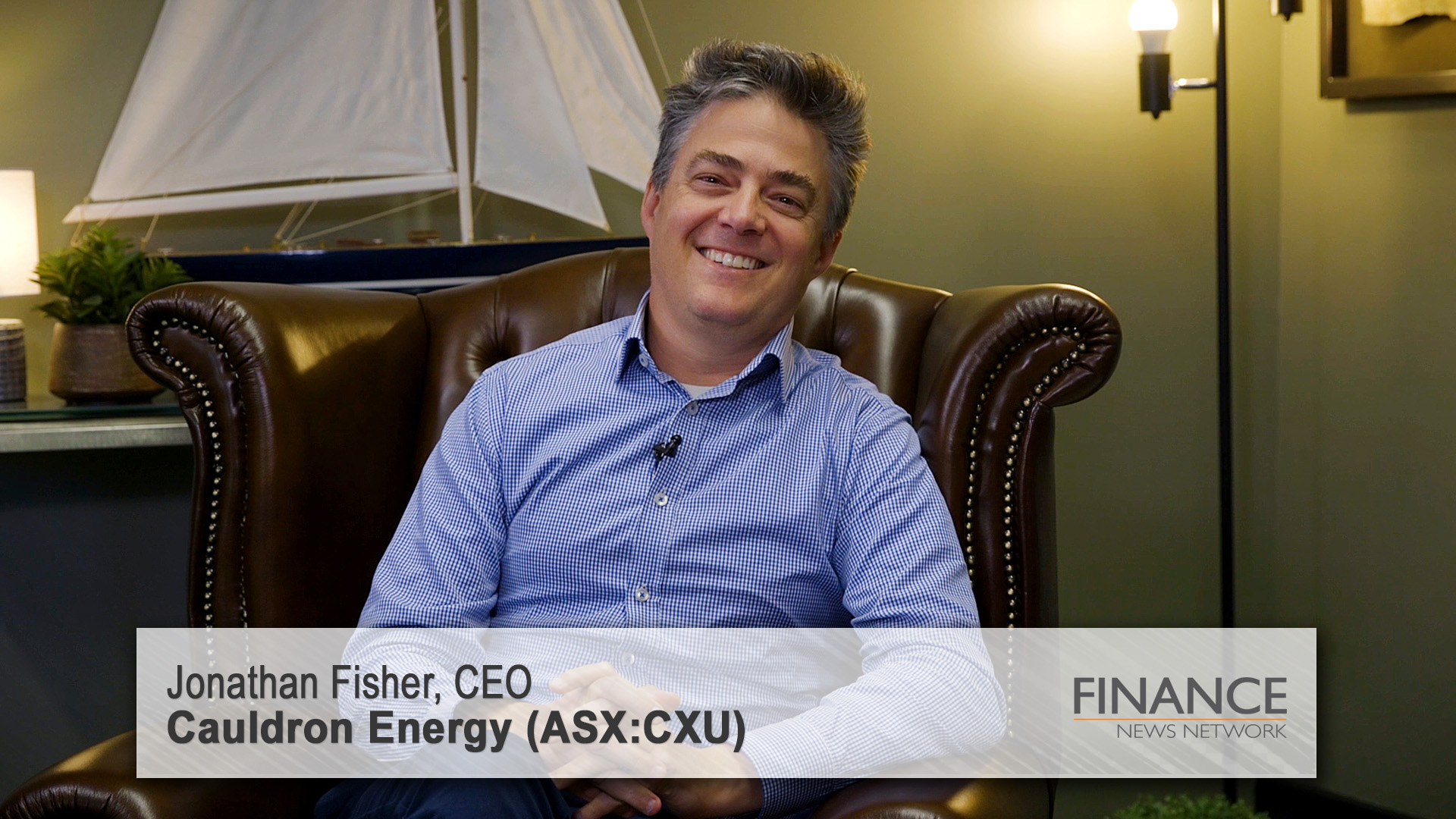Qantas shares closed off a cent at $5.68 in yesterday's generally easier market as the investors took a breather and looked again at the airline.
The share price has struggled to regain the euphoria of a week ago when it seemed on its way to $6 or more on the back of a slew of upgrades from broking and investment bank analysts.
It's probably not a case of second guessing the airline or its newly adopted strategy by investors. It's probably more a case of looking overseas to what is happening and the news isn't all that positive.
In both the US and Europe signs of a slower rate of activity seem to be emerging.United Airlines is cutting capacity in the domestic US market and increasing its international capacity by just half a per cent over the next few months.
In Europe there's been a slow start to the summer travelling period with the likes of EasyJet struggling to fill seats.
Now the discount sector leader, Ryanair has acknowledged the slower outlook by lifting its marketing spend to fill seats. Ryanair now forecasts that its profit will grow by just five per cent in its 2008 financial year, the slowest rate for four years.
The company is slashing ticket prices to attract passengers and to fight off competitors doing the same thing.
CEO said the airline will see just a 5 per cent rise in net earnings with losses being incurred in the second half of the year, as yields, or average ticket prices, fall because of falling demand from, travellers.
Ryanair, EasyJet and Air Berlin, Europe's three leading discount airlines, all carried fewer passengers in April as higher UK interest rates and taxes on air travel crimped demand.
Ryanair said net profit rose 42 per cent increase in 2006-07 on higher ticket prices and baggage charges.
As a sign of the need to look after nervy shareholders, Ryanair said it would buy back around $A600 million of shares in the next year.
Ryanair saw its load factor, (the proportion of seats filled) fall one percentage point to 82 per cent in the year to March, despite a seven per cent rise in average fares.
Ryanair shares have dropped 11 per cent since early last month when it said it would sell 1 million seats for as little as 10 pounds sterling (around $22) and drive down ticket prices, to deal with the increased competition.
Ryanair started charging customers to check in baggage in March of last year.
That was designed at cutting the number of checked bags, saving the airline on ground handling costs. Passengers now pay between $13 euros and $26 for each checked item of luggage.
So what's this mean for Qantas?
Well, that the 'sweet spot' airline management talked about 10 days ago in a briefing to big investors, might disappear sooner rather than later.
Qantas believes it is in a position to exploit this sweet spot.
That must by why it has boosted economy and business fares for its longer domestic routes on the Qantas mainline.
Qantas says it will raise economy and business fares by 3 per cent.
It means that those who fly economy with Qantas from Melbourne to Sydney or Brisbane will be slugged an extra $6 on their one-way air fare and passengers flying economy from Melbourne to Perth or Darwin will pay an extra $11 dollars each way. That sounds like price gouging.













